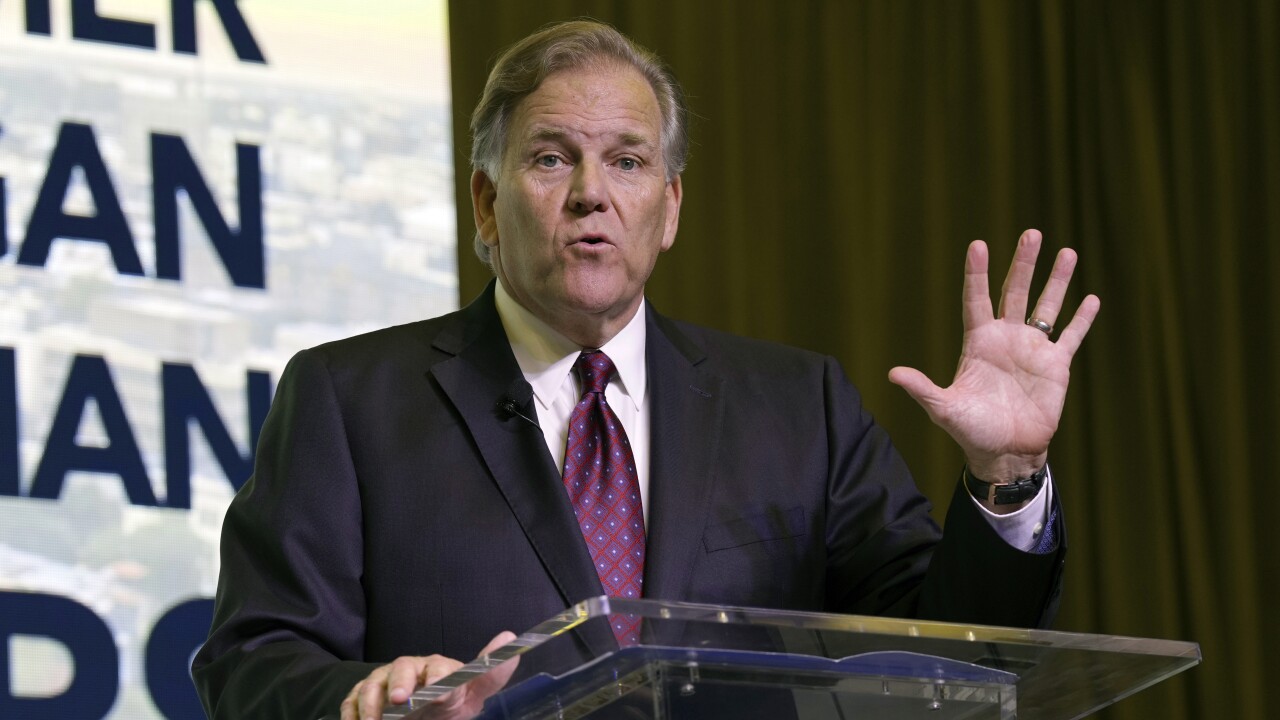In a decisive victory, former Representative Mike Rogers emerged as the winner of the Republican primary for the Senate seat in Michigan on Tuesday. Rogers, who has the backing of former President Donald Trump, will now advance to the November election, where he aims to secure the state’s open Senate seat.
Former Rep. Rogers triumphs in Michigan GOP US Senate primary race https://t.co/fhPb6Z7TWi
— Michigan Advance (@MichiganAdvance) August 7, 2024
Mike Rogers, who represented Michigan in the House from 2001 to 2015, is well-known for his tenure as the chairman of the Intelligence Committee. His extensive experience in Congress has positioned him as a prominent figure within the Republican Party. Rogers’ primary win sets the stage for a crucial contest in the upcoming general election.
Facing Rogers in the primary was Justin Amash, another former Representative, who brought a different political approach to the race. Amash, known for his libertarian leanings, served from 2011 to 2021. In a notable departure from party lines, Amash left the Republican Party in 2019, citing frustrations with the two-party system. He has also been a vocal critic of former President Trump, which is uncommon among Republican lawmakers.
Rogers’ victory in the primary underscores the influence of Trump’s endorsement within the Republican base. His campaign focused on traditional conservative values and a commitment to national security, resonating with voters in Michigan. As the general election approaches, Rogers will need to broaden his appeal to capture the support of a wider electorate.
Amash’s campaign highlighted his independent stance and critique of the current political landscape. Despite his loss, Amash’s participation brought attention to the libertarian perspective within the Republican Party and the broader debate about party loyalty and principles.
The Michigan Senate race is expected to be a closely watched battle, with significant implications for the balance of power in the Senate. Rogers’ experience and Trump’s endorsement will be key factors as he faces his Democratic opponent in November. Both parties are likely to invest heavily in the race, given its potential to influence the overall control of the Senate.
As the campaign progresses, Michigan voters will hear more about the candidates’ visions for the future, focusing on issues such as the economy, healthcare, and national security. Rogers’ ability to unite the Republican base while appealing to independent and moderate voters will be crucial for his success in the general election.

